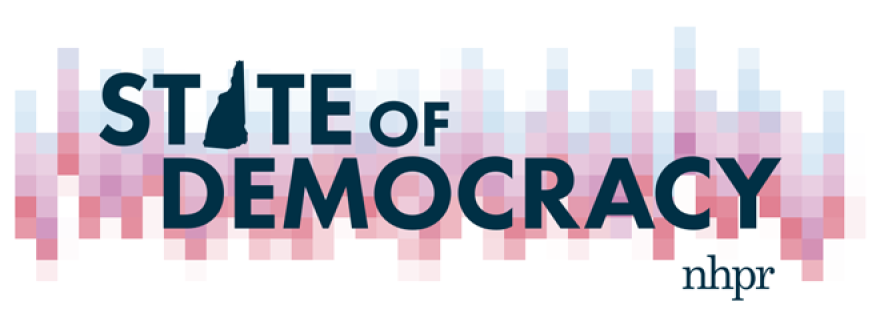The State House ethics rules could be updated soon with stricter guidance about when lawmakers need to sit out of votes because of outside conflicts of interest.
Rep. Ned Gordon of Bristol, the chairman of the Legislative Ethics Committee, is behind a bill seeking to close a gap in the rules governing how lawmakers should handle situations where their work at the State House intersects with their outside jobs or financial interests.
“If you read the ethics guidelines, they seem to imply that as long as you disclose a conflict, the individual legislator makes up his or her mind as to whether or not they need to recuse themselves,” Gordon said. “But the ethics committee has in the past, as well as in a recent informal resolution, determined that there are circumstances when recusal is required and should occur.”
Gordon said the need to clarify ethics rules became apparent after one recent case involving House Majority Leader Doug Ley, who came under scrutiny for voting on bills that directly impacted his employer, a statewide teachers union.

The ethics committee warned Ley not to participate on future bills related to his union, because his participation in some past bills likely violated ethics rules. But in the same ruling, the committee acknowledged that ethics rules are not clear on when lawmakers need to recuse themselves from certain votes.
Gordon also pointed to NHPR’s recent reporting on the lack of clarity in the Legislature’s rules around legislators’ conflicts of interest, when asked what kind of questions he hopes the new rules will address. His goals include defining more precisely the circumstances that would warrant a lawmaker to abstain from participating on a particular piece of legislation.
“Is that simply a direct financial benefit or is that other types of benefits that might arise? That’s a debate, I think, which the Legislature has to have,” Gordon said.
Gordon says he has started work on draft language attempting to define where lawmakers should draw the line, but it’s still in progress, and any proposed changes will be reviewed by the full ethics committee.
“We have a legislature that is composed of citizens and intended to be a citizen’s legislature, and they bring their experiences with them,” Gordon said. “We have tried to strike a balance where we don’t want people to not be able to use their talents and the information and the knowledge they have. But at the same time, we do need to put in place a system where, when people do have a direct conflict, that needs to be recognized and addressed.”








